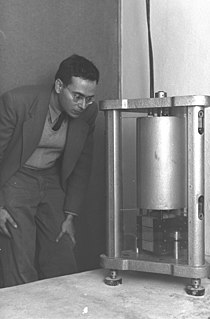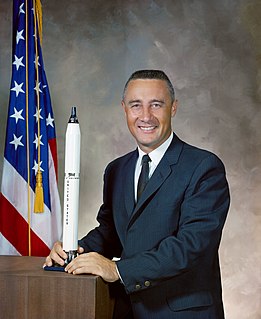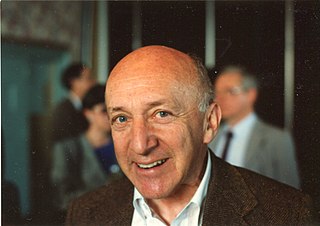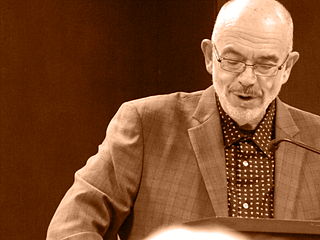A Quote by Martin Lewis Perl
I learned quickly, as I tell my graduate students now, there are no answers in the back of the book when the equipment doesn't work or the measurements look strange.
Related Quotes
There was a golden period that I look back upon with great regret, in which the cheapest of experimental animals were medical students. Graduate students were even better. In the old days, if you offered a graduate student a thiamine-deficient diet, he gladly went on it, for that was the only way he could eat. Science is getting to be more and more difficult.
The simple fact is that, since the beginning of this century, the average global temperature has flatlined; indeed, over the past 18 months it has fallen back, and according to the satellite measurements of temperature, it is now basically back at the level it was in 1979, when such measurements started to be taken.
Yeah, it's odd when you look back at your own work. Some filmmakers don't look back at their work at all. I look at my work a lot, actually. I feel like I learned something while looking at stuff I've done in terms of what I'm going to do in the future, mistakes I've made and things at work or what have you.
One of the big misapprehensions about mathematics that we perpetrate in our classrooms is that the teacher always seems to know the answer to any problem that is discussed. This gives students the idea that there is a book somewhere with all the right answers to all of the interesting questions, and that teachers know those answers. And if one could get hold of the book, one would have everything settled. That's so unlike the true nature of mathematics.
I spend quite a bit of time thinking about my students. I look at them, at their work, I listen to what they tell me, and try to figure out who they might become in the best of all possible worlds. This is not easy. Students try to give you clues; sometimes they look at you as if imploring you to understand something about them that they don't yet have the means to articulate. How can one succeed at this? And how can one do it 20 times over for all the students in a class? It's impossible, of course. I know this, but I try anyway. It's tiring.
Movies become living organisms that graduate from a filmmaker's sphere of influence and pretty much look back and tell you how they need to be said goodbye to. A movie often turns around and looks at you and says, "Here is who I am, and that's maybe now how you see me, but that's who I've become." And you've got to be open enough to go with that.




































